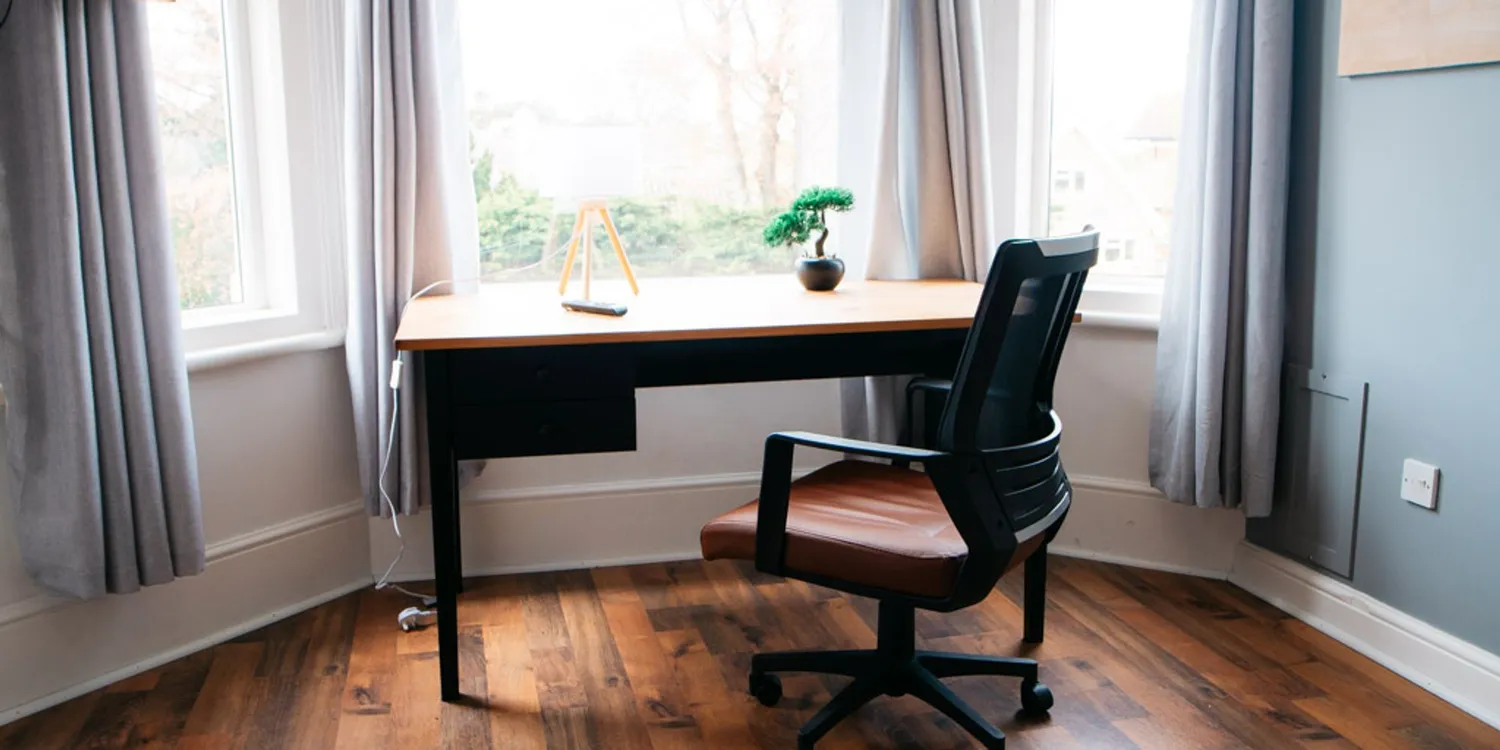19 Apr 2024
Rehab vs. Recovery Retreat?
In the journey towards overcoming substance and alcohol dependency, individuals often find themselves at a crossroads, debating between traditional rehabilitation programmes and more holistic recovery retreats. Both options offer unique benefits and challenges, catering to different needs and preferences. Let's delve into the distinctions between rehab and recovery retreats or sober living guest houses, exploring their respective pros and cons, and discussing their effectiveness in relapse prevention.
Rehabilitation Centres
Rehabilitation centres have long been the cornerstone of addiction treatment, offering structured programmes aimed at detoxification, therapy, and skill-building. These facilities typically operate on a residential basis, providing round-the-clock care and supervision.
Pros:
- Structured Environment: Rehabilitation centres offer a highly structured environment, with scheduled activities, therapy sessions, and group support meetings. This structure can provide stability and accountability, crucial for individuals in the early stages of recovery.
- Professional Support: Patients have access to a multidisciplinary team of healthcare professionals, including doctors, therapists, and counsellors, who specialise in addiction treatment. This expertise ensures comprehensive care tailored to individual needs.
- Medical Supervision: Detoxification, if necessary, is conducted under medical monitoring to manage withdrawal symptoms safely. This reduces the risk of complications and ensures a smoother transition into sobriety. Rehabs UK also offer home detox if this may be a suitable option for the individual.
Cons:
- Intensive Nature: The intensive nature of rehabilitation programmes can be overwhelming for some individuals, particularly those who prefer a more relaxed and holistic approach to recovery.
- Possible limited Personalisation: With larger capacities in some centres and standardised treatment protocols, rehab centres may struggle to provide personalised care to every patient, leading to a one-size-fits-all approach.
- Cost: Residential rehabilitation programmes can be costly due to the amount of healthcare professionals and staff being involved. For individuals without health insurance coverage this can mean it is inaccessible to some.
Recovery Retreats: A Holistic Alternative
Recovery retreats or sober living guest houses offer a departure from the clinical setting of rehabilitation centres, focusing on holistic healing and personal growth in a supportive community environment. These retreats typically emphasize mindfulness, self-discovery, and wellness activities. They are usually limited to a shorter time span such as up to 12 weeks.
Pros:
- Holistic Approach: Recovery retreats prioritise holistic healing, addressing not only the physical aspects of addiction but also the emotional, mental, and spiritual dimensions. Activities such as yoga, meditation, and art therapy promote self-awareness and inner peace.
- Small, Supportive Community: With limited capacity and a smaller group of participants, recovery retreats foster a sense of community and connection. This intimate setting encourages mutual support and camaraderie among participants.
- Personalised Care: Recovery retreats often offer more personalised care, with individualised treatment plans and dedicated recovery coaches or practitioners guiding each participant through their journey.
- Cost effective: This may be a suitable options for someone with a behavioural addiction such as gambling or shopping and have non-dependency issues.
- Struggling with sobriety?: It may also be a suitable option for those who may have gone through detox whether that is inpatient detox or home detox and already completed a treatment programme and would like a little retreat for up to 12 weeks.
Cons:
- Limited Medical Oversight: Unlike rehabilitation centres, recovery retreats have limited medical oversight and are unable to provide detox. This means that detoxification at home or within a residential rehab will need to happen first for those who are dependent. Individuals with severe medical or psychiatric conditions may also require a higher level of care so it may mean that a retreat or sober living guest house is not suitable.
- Varied Quality: The quality of recovery retreats can vary widely, depending on factors such as staff qualifications, programme structure, and amenities. It's essential to research and choose a reputable retreat with a proven track record of success.
- Relapse Risk: Without the same level of aftercare and supervision as rehabilitation centres, there may be a higher risk of relapse for some individuals, particularly those with complex addiction issues or co-occurring disorders.
Relapse Prevention
Both rehabilitation centres and recovery retreats play vital roles in the journey towards sobriety, offering complementary approaches to addiction treatment. While rehab centres provide intensive support and medical oversight, recovery retreats and sober living guest houses offer a more holistic and personalised experience. Ultimately, the key to relapse prevention lies in finding the right balance between structure and flexibility, addressing the root causes of addiction, and building a strong support network for long-term sobriety. Recovery can be difficult at times, but these practical tips and strategies may help you stay focused and supported on your journey.
In conclusion, whether you choose a traditional rehabilitation centre or a holistic sober living guest house, the most important thing is to take the first step towards seeking help. Contact our fully trained treatment advisors who will be able to answer any questions you may have and offer a free assessment. Each path has its benefits and challenges, but with dedication, perseverance, and support, recovery is possible.
